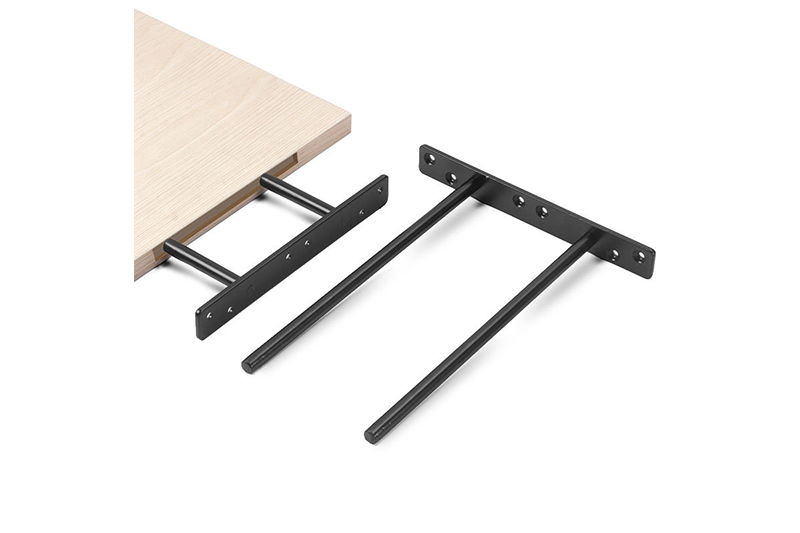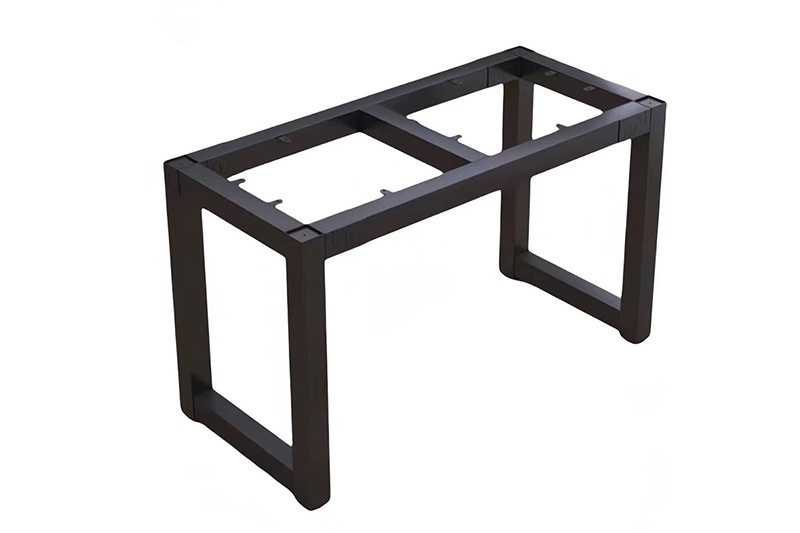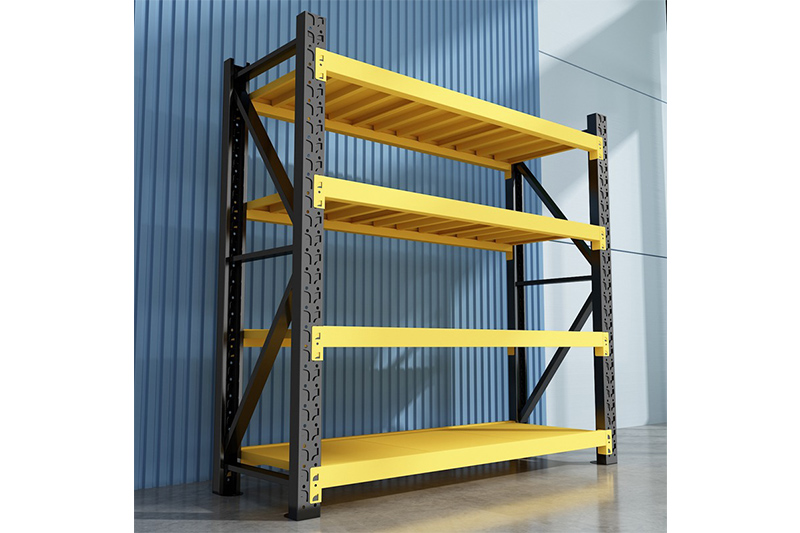A shelf bracket (or shelf support) is a structural component that transmits the load of a shelf and its contents to a wall or vertical surface. In the architectural or hardware lexicon, many shelf supports are simple L-shaped “angle” brackets, but more complex designs exist (e.g. floating shelf supports, concealed supports).

In recent years, the demand for heavy-duty brackets for shelves has risen in both industrial and residential sectors. As storage needs become more demanding—driven by heavier loads, greater span widths, and aesthetic expectations—manufacturers and suppliers are focusing more on design, materials, customization, and after-sales services.
When we speak of heavy-duty shelf brackets, we refer to those designed to support significantly higher loads than standard decorative or light brackets. These typically:
Use thicker, higher strength materials (steel, stainless steel, alloys, or reinforced composites).
Feature geometric reinforcements (gussets, braces, ribs, triangular support struts, dual arms).
Are intended for longer spans or deeper shelves, or to carry heavy loads (tools, mechanical parts, weighty displays, bulk storage).
Demonstrate stricter tolerances, higher fatigue strength, and more robust mounting options.
Material Selection
Carbon steel / structural steel: Most common, often in the 3 mm to 10 mm thickness range or more, depending on load.
Stainless steel (304, 316 grades): For corrosion resistance, especially in outdoor or humid environments.
Alloy steels, treated steels: To increase strength-to-weight ratio.
Powder-coated, painted, or plated finishes: To protect against corrosion and for aesthetic purposes.
Fabrication Steps
Cutting – raw steel plate or strip is cut (laser, plasma, shearing, waterjet) to blank shapes.
Forming / Bending – bending machines or press brakes form the 90° angle or more intricate shapes.
Reinforcement / Gusseting – gussets or stiffeners are welded or integrated to improve rigidity.
Welding / Joining – MIG, TIG, or robotic welding may join bracket components or braces.
Drilling / Machining – holes are precisely drilled or punched for fasteners or mounting.
Surface Treatment – shot blasting, grinding, polishing. Then protective finishing (galvanizing, powder coat, epoxy, zinc plating).
Inspection & Testing – load testing, dimensional checks, finish quality control, fatigue or cycle testing for some uses.
Classification and Types
Fixed Angle Brackets (L-Shape or Right Angle)
Gusseted / Braced Brackets
Dual-Arm / Twin-Bar Brackets
Adjustable / Telescoping Brackets
Concealed / Hidden / Floating Style
Folding / Hinged Heavy-Duty Brackets
Slotted / Standard System Brackets
Specialty / Custom Brackets

Advantages
High Load Capacity
Long Span & Deeper Shelf Support
Durability & Longevity
Flexibility & Adaptability
Aesthetic Options
Safety & Compliance
Cost Efficiency Over Time
Applications
Industrial & Warehouse Storage
Workshops, Garages & Tool Rooms
Retail & Display Environments
Libraries, Archives & Institutional Storage
Residential / High-End Home Use
Laboratories, Utility Rooms, and Data Centers
Commercial Kitchens & Storage Rooms

Services, Supply Models, and After-Sales
In the heavy-duty bracket segment, manufacturers and distributors often provide more than just parts.
Services and business models include:
Customization & Engineering Support: Clients often need brackets tailored to unusual spans, loads, or mounting surfaces. Many suppliers provide consultation, design, and FEA support.
CAD / BIM Drawings: For architects, installers, or procurement teams, providing drawing files (DWG, STEP, PDF) is standard (e.g. Empire’s bracket line offers CAD drawings). ([Empire Industries][4])
Load Testing & Certification: Some brackets are delivered with certified load test reports or third-party verification for structural compliance.
Kitting & Complete Hardware Sets: Bundling brackets, fasteners (anchors, bolts), installation instructions, and accessories.
Warranty & Support: Guaranteeing structural integrity over time, typically between 5 to 20 years, depending on use case.
On-site Installation / Training: For large commercial projects, the bracket supplier or partner may offer installation supervision or training.
Aftermarket Replacement Parts: Providing spare arms, fasteners, or updates for modular systems.
These services are differentiators in a competitive marketplace, especially for industrial or institutional contracts.
If you need any of the help or services mentioned above, please feel free to contact us at any time.

